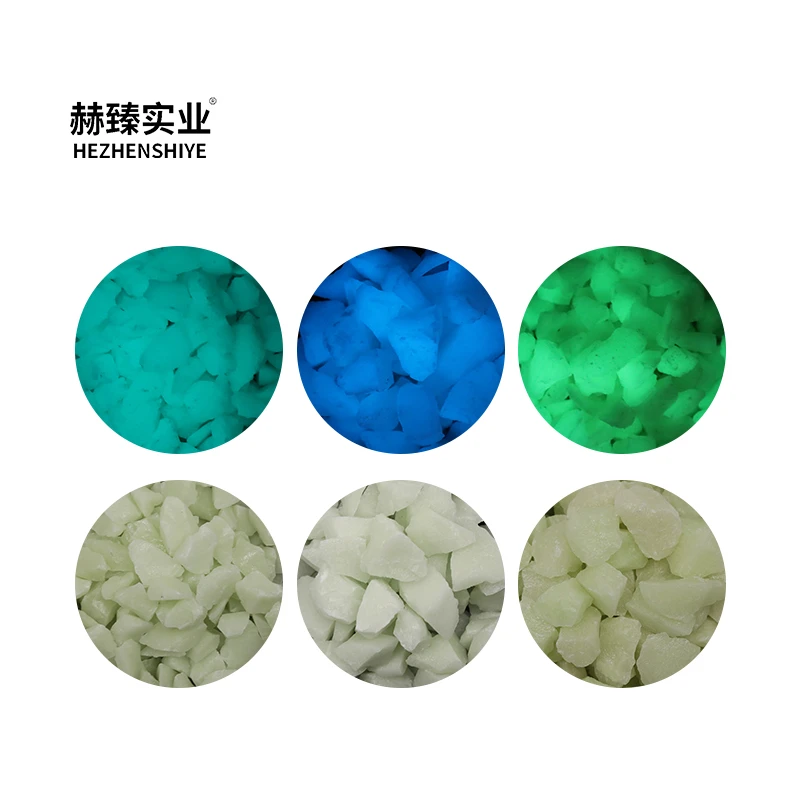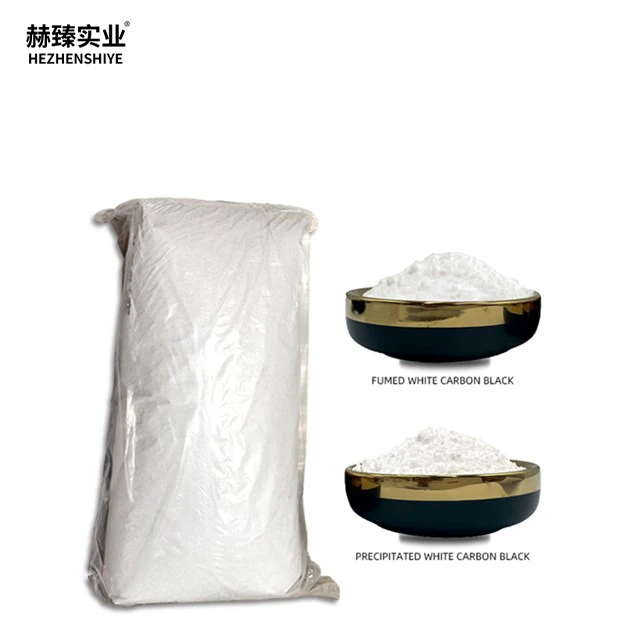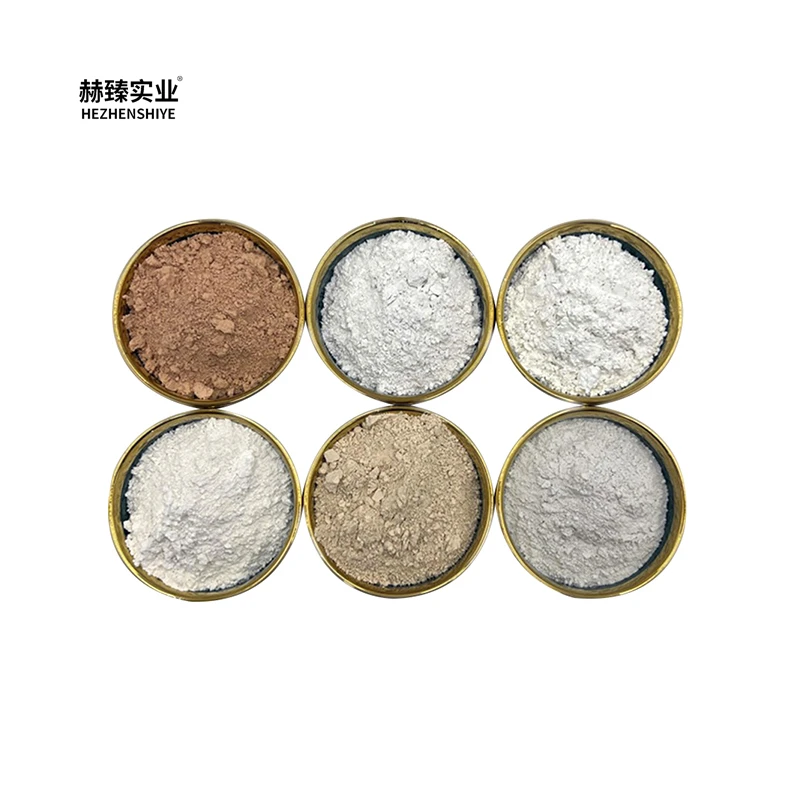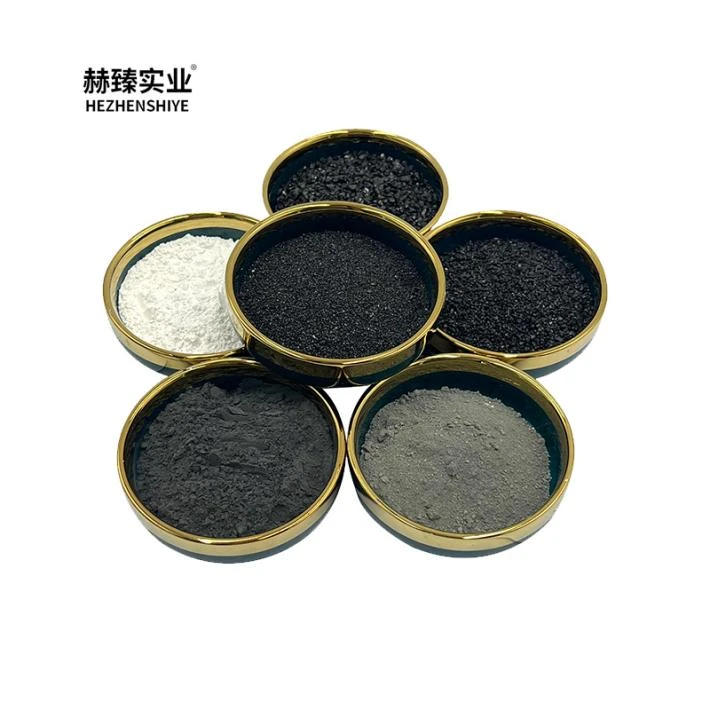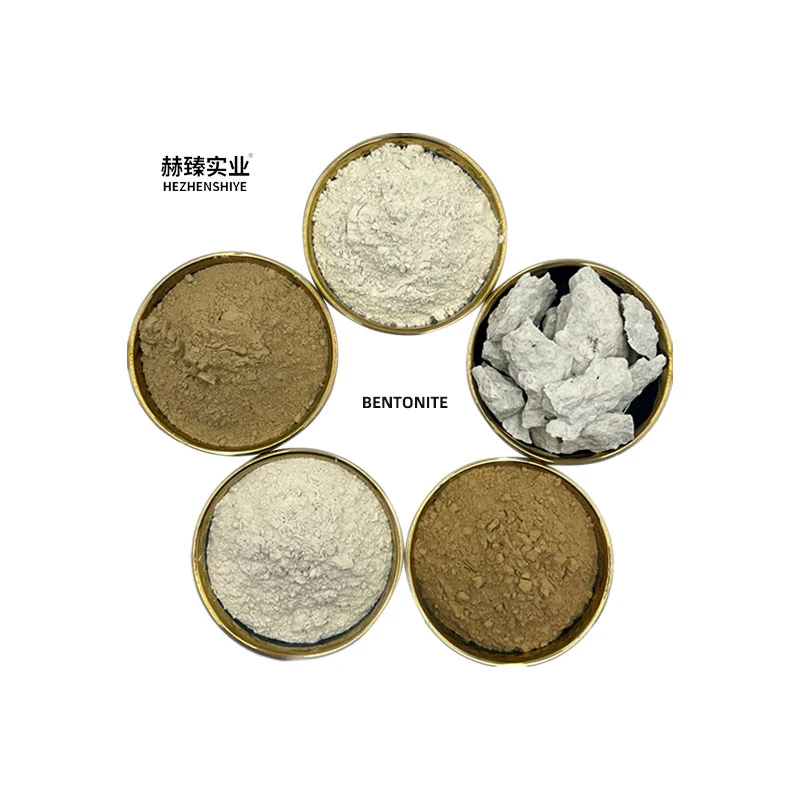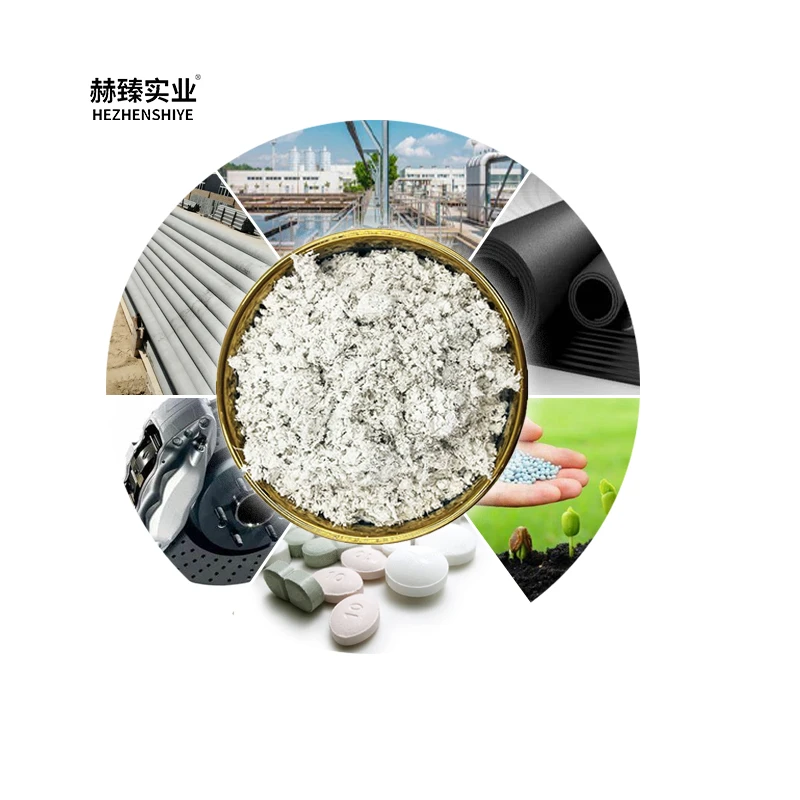Tourmaline is not just a gemstone admired in jewelry—it is a functional mineral with significant industrial relevance. Available in powder or granular form, tourmaline is widely applied in manufacturing, environmental protection, health technology, and textile industries. This naturally occurring crystalline boron silicate compound contains a wide variety of elements, making it highly versatile and beneficial for industrial use.
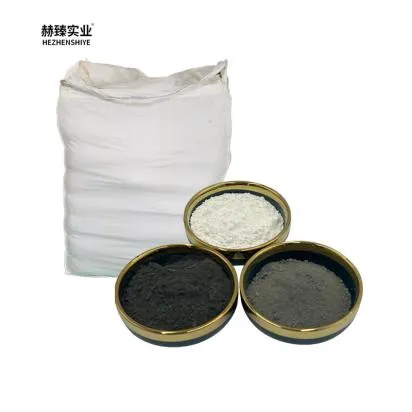
When crushed into fine powder, tourmaline emits far-infrared radiation and negative ions, which are useful for purifying water and air, reducing odors, and inhibiting bacterial growth. These properties allow tourmaline to be incorporated into filters, building materials, and personal care products. In its granule form, tourmaline rock is often used as an additive to ceramics, composites, and advanced construction materials, enhancing their functionality and environmental performance.
Companies seeking to buy tourmaline stone in bulk usually do so for its reliable and scientifically backed performance in industrial and commercial applications. With ongoing research and expanding demand for eco-friendly solutions, tourmaline is increasingly recognized as a multifunctional resource for 21st-century innovation.
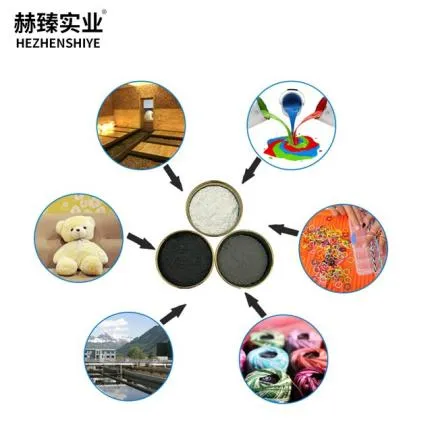
Different Tourmaline Types and Their Industrial Benefits
There are many tourmaline types, each differing slightly in chemical composition and color, but for industrial use, the most commonly applied type is black tourmaline, also known as schorl. Black tourmaline rock is rich in iron and manganese, enhancing its conductivity and ability to emit far-infrared radiation. It is the preferred choice for applications where energetic or electromagnetic benefits are required.
Another key tourmaline type is green tourmaline, which also possesses piezoelectric and pyroelectric properties. Although more common in gemstones, when powdered, green tourmaline still contributes valuable negative ion generation. In contrast, pink and red tourmalines (rubellite) are less commonly used in industrial formats but have been incorporated in niche personal care products and health-oriented ceramics.
While the gemstone market values the aesthetic beauty of these tourmaline types, the industrial market prizes them for their functional properties—especially in nano-powder or micron-sized granule forms. Buyers looking to buy tourmaline stone ko tourmaline bulk materials often choose based on particle size and functional characteristics rather than appearance or color.
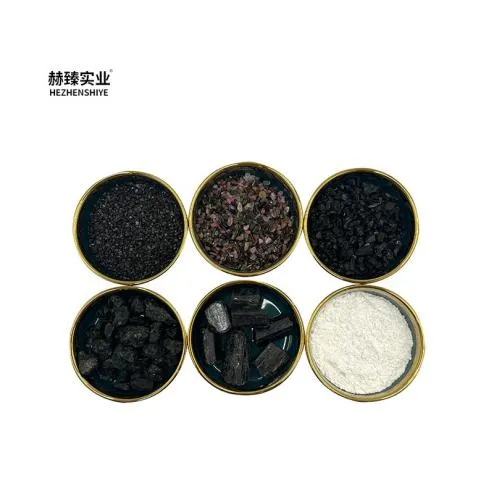
Tourmaline Bulk Supply: The Preferred Format for Industrial Application
Manufacturers and environmental technology companies often require tourmaline bulk supply, typically in powder form ranging from nano to micron-sized particles. Bulk powdered tourmaline is used extensively in water purification units, where its ability to release negative ions and maintain pH stability helps reduce chlorine, heavy metals, and organic pollutants.
In the air purification sector, tourmaline bulk powder is mixed with activated carbon or zeolite to improve deodorization and airborne particle filtration. It is also commonly embedded in paint and wallpaper to enable passive air purification indoors. Textile companies incorporate tourmaline bulk into fibers to produce anti-bacterial and far-infrared emitting fabrics. These fabrics are promoted for health wear, thermal underwear, socks, and orthopedic supports.
Due to these advantages, many industrial clients actively buy tourmaline stone or powder from verified tourmaline rock processors who specialize in micronization and high-temperature treatment to enhance its active performance. The need for consistent quality, purity, and particle size distribution makes professional sourcing essential when acquiring tourmaline bulk.
Why Companies Worldwide Buy Tourmaline Stone for Functional Products
The growing demand for green technology and functional materials has significantly increased global interest to buy tourmaline stone for non-gem applications. Eco-conscious manufacturers integrate tourmaline into products that passively purify the environment or enhance user wellness. One example is the use of tourmaline powder in bio-ceramic balls placed inside water bottles, shower heads, and home filtration systems to increase water alkalinity and mineralization while neutralizing harmful substances.
In health-related industries, tourmaline bulk is used in wearable patches, mats, and supports due to its heat-retaining and circulation-promoting properties. When heated, tourmaline rock emits far-infrared radiation that can penetrate deep into tissues, helping to relieve muscle tension and inflammation. Additionally, tourmaline types with high ion-release capacity are employed in wellness spas and saunas for air purification and thermal enhancement.
In agriculture, powdered tourmaline is used as a soil additive that boosts nutrient absorption and promotes microbial balance. With such a wide range of functional benefits, companies aiming to improve their product lines in health, environment, or technology segments increasingly choose to buy tourmaline stone as a performance-enhancing material rather than simply an ornamental gem.
The Value of Tourmaline Rock in Environmental and Textile Engineering
Tourmaline rock plays a pivotal role in the development of advanced functional textiles and environmental engineering solutions. In textile engineering, tourmaline is embedded into synthetic fibers or coated onto fabric surfaces to produce garments with deodorizing, anti-microbial, and heat-retaining functions. This is especially useful in the production of undergarments, sportswear, and medical-grade apparel.
As a ceramic additive, tourmaline rock is also used in manufacturing building materials like tiles, wall coatings, and air-purifying concrete. These materials help neutralize indoor pollutants like formaldehyde and VOCs. Some companies combine tourmaline bulk with activated minerals to create self-cleaning surfaces or walls that continuously refresh indoor air without additional power or ventilation.
In water filtration, tourmaline rock helps balance water pH, reduce odors, and increase oxygenation. It is often mixed with activated carbon in filter cartridges, shower filters, or faucet attachments. The piezoelectric and pyroelectric properties of tourmaline types are also being researched for use in self-powered sensors and eco-electronic devices, opening new avenues for this mineral in sustainable technology.
Tourmaline FAQs
What is tourmaline used for in industry?
Tourmaline is widely used in industrial applications, especially in powder or granule form. It’s added to water and air filters to purify and deodorize environments, incorporated into textiles for health-enhancing wearables, and used in construction materials to improve indoor air quality. Its ability to emit negative ions and far-infrared rays makes it a preferred material in wellness, environmental, and electronic industries.
How do I choose between different tourmaline types?
Tourmaline types vary in color and mineral content. For industrial uses, black tourmaline (schorl) is the most common due to its high iron content and ion-emission properties. Green and pink tourmalines may be used in niche applications, particularly where additional properties like piezoelectricity or bio-compatibility are required. When selecting, focus on functionality, particle size, and chemical stability over color.
Where can I buy tourmaline stone in bulk?
You can buy tourmaline stone in bulk from specialized mineral suppliers, industrial chemical distributors, or through B2B platforms that cater to environmental and functional material markets. Look for suppliers that offer customizable particle sizes, verified purity, and technical data sheets. Ensure the source provides material treated and processed specifically for industrial use rather than ornamental purposes.
What are the benefits of using tourmaline rock in textiles?
When integrated into textiles, tourmaline rock can emit far-infrared radiation and negative ions, which improve blood circulation, reduce odor, and offer antimicrobial protection. These fabrics are often used in thermal wear, wellness clothing, and orthopedic products. The embedded tourmaline particles do not wash out easily, offering long-lasting effects and comfort.
How does tourmaline purify water and air?
Tourmaline purifies water by releasing negative ions and mildly increasing the alkalinity of water, which helps remove chlorine, heavy metals, and organic impurities. In air purification, it works by breaking down airborne particles and neutralizing odors. These properties make it effective when used in filters, ceramics, and environmental coatings to promote healthier living spaces.






